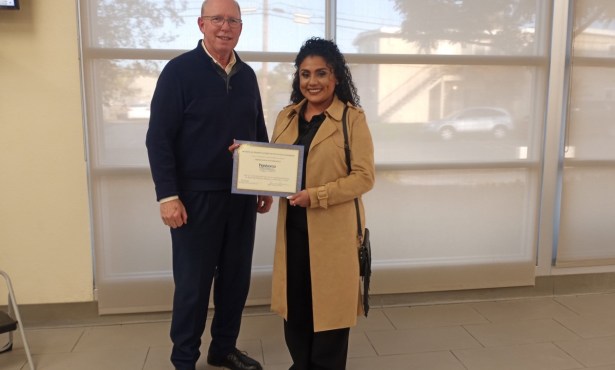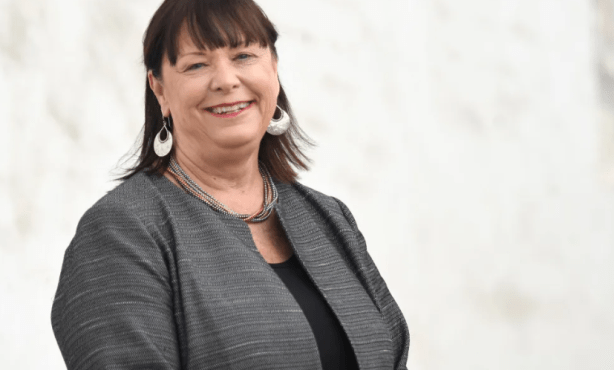Lessons from Tuberculosis Clinic
Pulling Down the Curtain Between Doctor and Patient
The very best part of my week is the morning I spend in clinic with my tuberculosis patients. During those hours, I get to take a break from the intense demands of running the Disease Control program and just be present, alone, with one single patient in one tiny exam room. Somehow, the intimacy of these encounters fills my need–the intrinsic need most doctors have–to truly connect with and attempt to heal another human being. The trust that patients bestow on their physician sometimes terrifies me, especially when their tuberculosis is complex and advanced. What if my medicines can’t fix it? What if I arrive at the wrong diagnosis, despite my best efforts at scrutinizing their symptoms?

The contagious nature of tuberculosis lends itself to a unique set of interview questions during our clinic visits, as the infection is spread through the air in social and family settings. What country were they born in, and how often do they visit? How many people are in their family? Were their parents ever sick? What countries have they traveled to? It is a far cry from the set of interview questions for non-communicable diseases. My mentor, Dr. Hosea, used to emphatically declare to his young trainees, “In infectious disease, the most important part of the medical history isn’t the medical history! It is the social history.” The more tuberculosis patients I see, the more he continues to be right.
But these kinds of questions–the “social history”–often lead my patient and me down an unintended road. They tell me about their mother who died when they were 10 and left them to raise six younger siblings. They tell me about their secret struggle with alcoholism, and the monsters of addiction that scratch at their door. They confide about an extra-marital affair, and fear that they are being punished for their transgressions with the disease of tuberculosis. They quietly share how tough it is to make ends meet as a field-worker with young children.
These moments of vulnerability gently pull down the curtain that hangs between us in our assigned roles as Doctor and Patient, and we get to truly see each other. I find it paradoxical that stepping out of my starched doctor role is what finally allows me to understand my patients and the barriers they face in completing treatment. It makes me a better doctor.
Today was my last appointment with one particular patient who I consider one of my greatest success stories. When first I met this patient, he was on life support in the intensive care unit after his intestines had ruptured from intestinal tuberculosis–an extremely rare condition–and he was in total respiratory failure. That’s about as sick as one can get from this disease. As I pursued his mysterious diagnosis through special pathology stains and various body fluid specimens, I gained a new respect for the disease of TB. This stubborn bacteria refuses to play by the rules and often doesn’t read the textbook on where it should manifest and how it should behave. It was a victorious moment when I finally clinched the diagnosis.
To my amazement, my patient lived. I visited his home a few weeks later, where he was confined to respiratory isolation until the infectious period ended. Despite the protruding pink scar down his abdomen flanked by metal staples, and the 12 pills he had to swallow every day for TB treatment, he had nothing but gratitude for the team of doctors and nurses who had saved his life. Over the next year, I witnessed a transformation in this patient: his physical body healed, and his spirit came alive. At the end of a visit six months ago, he asked me to take a photo–me in my white coat and him all smiles in his cowboy hat. Today, he inquired if I had printed his photo as promised. I pulled it down off my wall and handed it to him. We both laughed.
My TB patients have taught me about more than just the unpredictable, complex aspects of their clinical disease. They’ve also taught me about the human being underneath it: complex and unique, also not knowable by reading a textbook. As they struggle to fight tuberculosis, each one faces social barriers and challenges that I will not begin to fathom unless I am willing to drop the invisible curtain that separates us and experience shared vulnerability.
In this way, my most challenging patients have ended up being, unexpectedly, my greatest teachers.



